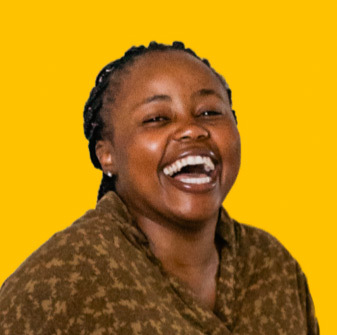Action in Maturity, or AIM, describes itself as a “senior center without walls,” offering a variety of support and services to seniors across Baltimore, including assistance with access to transportation and mobility resources – a key factor in sustaining a senior’s quality of life and health
AIM will be the presenting speaker at an upcoming Lunch & Learn workshop hosted by the LGBT Health Resource Center on Thursday, September 12 from 12 p.m. to 1:30 p.m.
We asked Laura Bristow, the executive director of AIM, to expand a bit on the mobility problems facing seniors, and AIM’s other services.
What common transportation or mobility problems do seniors face?
Before we talk about the problems seniors face when it comes to transportation access, let's talk about why transportation is important in the first place. When a lifelong driver must finally give up his or her license, or a senior is no longer able to use public transportation after years of getting around just fine, that is a moment of profound loss of independence. What may follow is isolation coupled with a lack of access to food, socialization, and health care. Without such access, seniors are more susceptible to a more precipitous decline in their physical health and an increase in depression or other risks to mental health. That's why transportation is considered a key social determinant of health for seniors. Transportation is critical to aging in place with independence, quality of life, and dignity.
Seniors, particularly those who are underserved in Baltimore City, face financial and logistical hurdles to getting transportation. Some options require use of a smart phone. Others require a credit card. Some options require a complicated application, or long wait times for a ride. Many non-emergency, regular medical transport needs (dialysis, for example) may not be covered by insurance. Some seniors need assistance with walking or carrying packages. Another problem a senior may face is if they are cognitively impaired, they may not be able to keep track of how transportation can serve them. There is no one transportation solution that can serve every need of every rider, so a final barrier is that a rider might have to cobble together several options for different needs.
How are LGBT seniors particularly impacted?
LGBT seniors are certainly no different from other seniors in how they might impacted by lack of transportation.
How can restoring a senior's mobility improve their quality of life and their health?
Restoring mobility to a senior in need means a restoration of independence, of life outside the four walls of their home, of access -- to quality food, medications, health care, and socialization.
What other services does AIM offer?
AIM's nickname is "senior center without walls" -- so like many senior centers in Baltimore, AIM offers activities and events as well as referrals to social supports. In addition, AIM offers legal assistance, tax preparation, a monthly food distribution, and along with its many group trips, grocery shuttles, and connection between health care and social services, AIM operates a small taxi-like program where an individual rider can order up a car for a doctor or hairdresser appointment, social visit, or shopping trip.
To register for the upcoming Lunch & Learn Session, RSVP to [email protected] or call 410-837-2050 extension 1049. For more on the LGBT Health Resource Center’s older adult programming, visit www.ChaseBrexton.org/LGBTelders.


